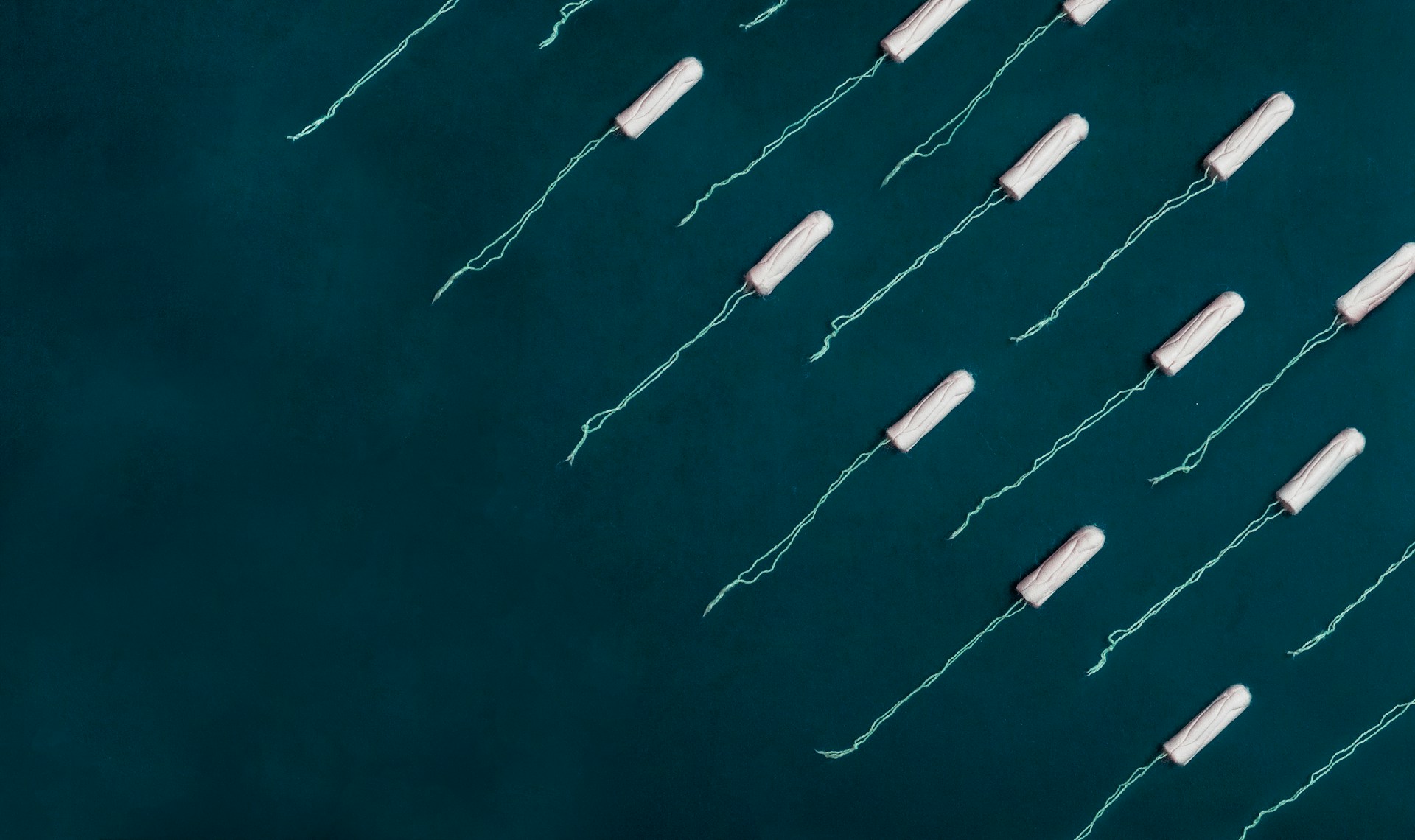
Body + Mind is reader-supported. We may earn an affiliate commission when you buy through some of the links on our site.
The panic butterflies seize hold of your stomach for seemingly no reason, and you find it impossible to focus on anything due to a vague but unrelenting sense of dread. Yet, nothing has sparked your fear. The underlying cause may lie in the link between anxiety and your hormones, especially if you’re nearing that time of the month.
What’s the connection between anxiety and your hormones before your period? Learning the following may calm your mind.
The connection between anxiety and your hormones begins by understanding your menstrual cycle. The start of each menstrual period begins the follicular stage of your cycle, where follicle-stimulating hormone stimulates the growth of several eggs in your ovaries. During this phase, your estrogen levels rise, peaking at ovulation. You’re most fertile and likely to get pregnant five days before through one day after ovulation.
Then, the luteal phase begins, during which your body produces more progesterone. If you become pregnant, elevated levels persist to support your baby. Otherwise, your estrogen and progesterone levels drop to their lowest during menstruation.
Your levels of other hormones, like cortisol, can affect estrogen and progesterone. Cortisol is a stress hormone that aids in fight-or-flight by raising your blood pressure and delivering more fluid and nutrients to your muscles. However, many people today produce too much due to chronic stress, creating imbalances that create disease.
People with anxiety often have elevated cortisol levels, partially explaining the link between anxiety and your hormones before your period. It can also increase the risk of heart and metabolic disorders, such as Type 2 diabetes.
In general, high cortisol decreases your estrogen levels, which can cause several adverse health effects, including:
Cortisol can block your progesterone receptors, meaning you may make plenty of this hormone — but it has nowhere to go. Progesterone plays a crucial role in brain function and mental health, affecting your amygdala, which processes emotional stimuli and memory.
All this is to say that chronic stress can do a number on your sex hormones. Continued high cortisol levels cause a corresponding decrease in estrogen and cause issues with processing progesterone.
Additionally, the drop in estrogen and progesterone that precipitates the onset of menstruation may trigger a corresponding rise in cortisol. Since this substance is a stress hormone, it makes sense that your sense of anxiety increases.
Your hormonal levels also influence your neurotransmitters, such as serotonin. Serotonin is a neurotransmitter that’s critical to mood and maintaining a positive outlook. One reason you may crave chocolate as your period approaches is your body attempts to temporarily boost your stash and improve your mood.
Dopamine is another neurotransmitter that tends to plummet before your period. Many people consider dopamine to be your brain’s reward or “do that again” chemical. A dopamine deficiency can spur anxiety, another clue in the link between anxiety and your hormones before your period.
The link between anxiety and your hormones hinges on the interplay between your sex hormones, primarily estrogen and progesterone, and other hormones and neurotransmitters. Plummeting levels of progesterone and estrogen as menstruation begins can increase cortisol, a stress hormone associated with anxiety.
Additionally, your levels of serotonin and dopamine fluctuate during this part of your cycle, contributing to the panicked effect. While science may yet discover additional connections that explain the anxiety-hormone link, understanding what’s swelling the tides in your body can help you weather the monthly storm.
Your email address will only be used to send you our newsletter, and at any time you may unsubscribe. For more information, see our Privacy Policy.